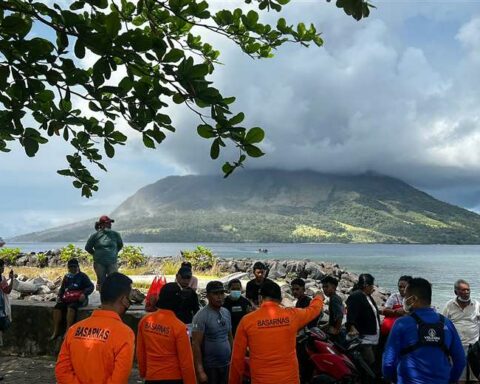May 11, 2023, 7:34 AM
May 11, 2023, 7:34 AM
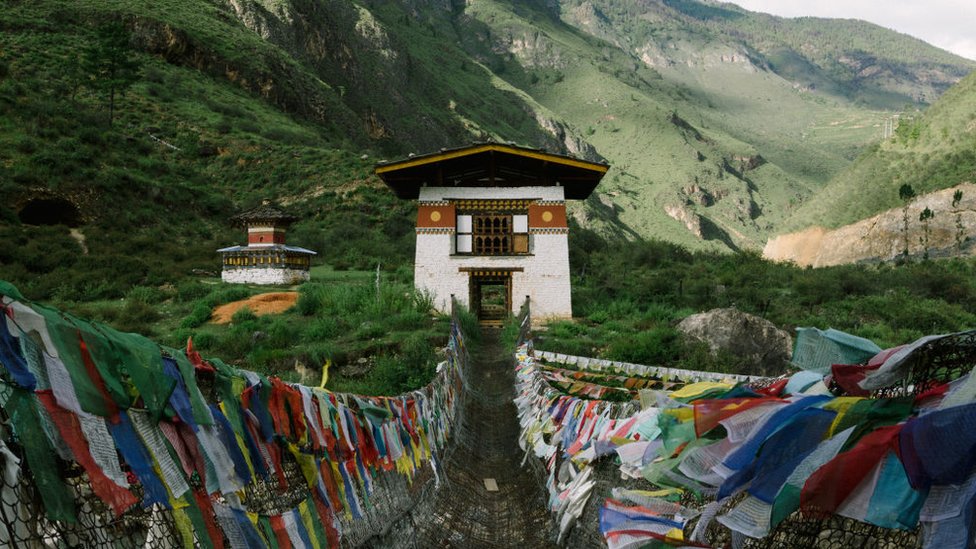
Bhutan is located between two Asian giants, China and India. But that unique geographic position comes at a price.
bhutan it is one of two countries with which China has yet to resolve its land border dispute. The other country is India, which has a long disagreement over its Himalayan border with China.
The global rise of China is putting pressure on Bhutan to reach a deal with Beijing, but any possible progress will need the approval of its ally India.
Thimphu and Delhi share a close relationship and India has been offering hundreds of millions of dollars in economic and military aid to thimbu.
Bhutan and China have disputes over territory in the north and in the west in the Himalayas.
Among all the controversial places, the key issue is a strategic plateau called Doklam, located near the triple junction between India, Bhutan and China. Bhutan and China claim the region and India supports Thimphu’s position.
India has its own reasons for backing Thimphu. Experts say that Doklam Plateau is of great importance for the security of Indiaas any Chinese domination of the region could pose a threat to the Siliguri Corridor, a 22-kilometre stretch connecting the Indian mainland with its northeastern states.
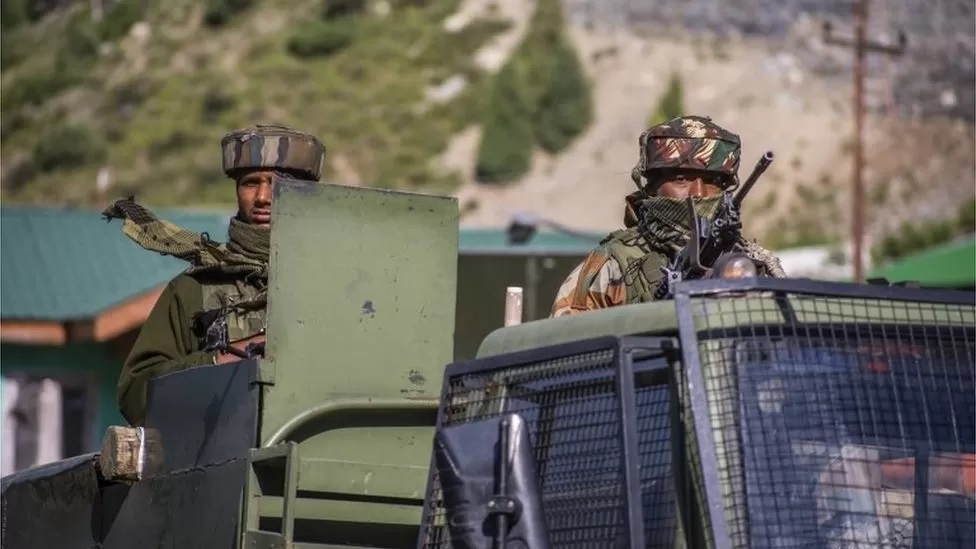
A recent interview given by the Bhutanese Prime Minister Lotay Tshering to the Belgian newspaper Free it has done nothing more than remind the country of its limitations.
“It is not up to Bhutan alone to solve the problem. We are three. There is no big or small country, there are three equal countries, each one represents a third. We are ready. TAs soon as the other two parts are ready, we can discussTshering said.
He also expressed the hope that Bhutan and China can demarcate some of their boundaries in a meeting or two. The two countries have been holding border negotiations since 1984. Tshering said, in turn, that there was no Chinese intrusion into his territory.
triple frontier
Tshering’s comments have raised alarm bells in India, particularly in the media, with many commentators expressing concern about the possibility of any agreement between Bhutan and China involving the triple frontier. Some of them say that Timbu is not pressing enough on his claims to Doklam.
“India is concerned that China is putting pressure on Bhutan to set the border to harass New Delhi,” said Phunchok Stobdan, a former senior Indian diplomat and expert on Himalayan affairs.
“Clearly, the Bhutanese intend to speed up the process of resolving their differences and lately there have been some changes in Bhutan’s stance regarding China’s role in settling the dispute,” Stobdan said.
Following the furore in the Indian media, Tshering earlier this month clarified his comments.
“I have not said anything new and there are no changes in the position (of Bhutan),” the prime minister told the weekly The Bhutanese.
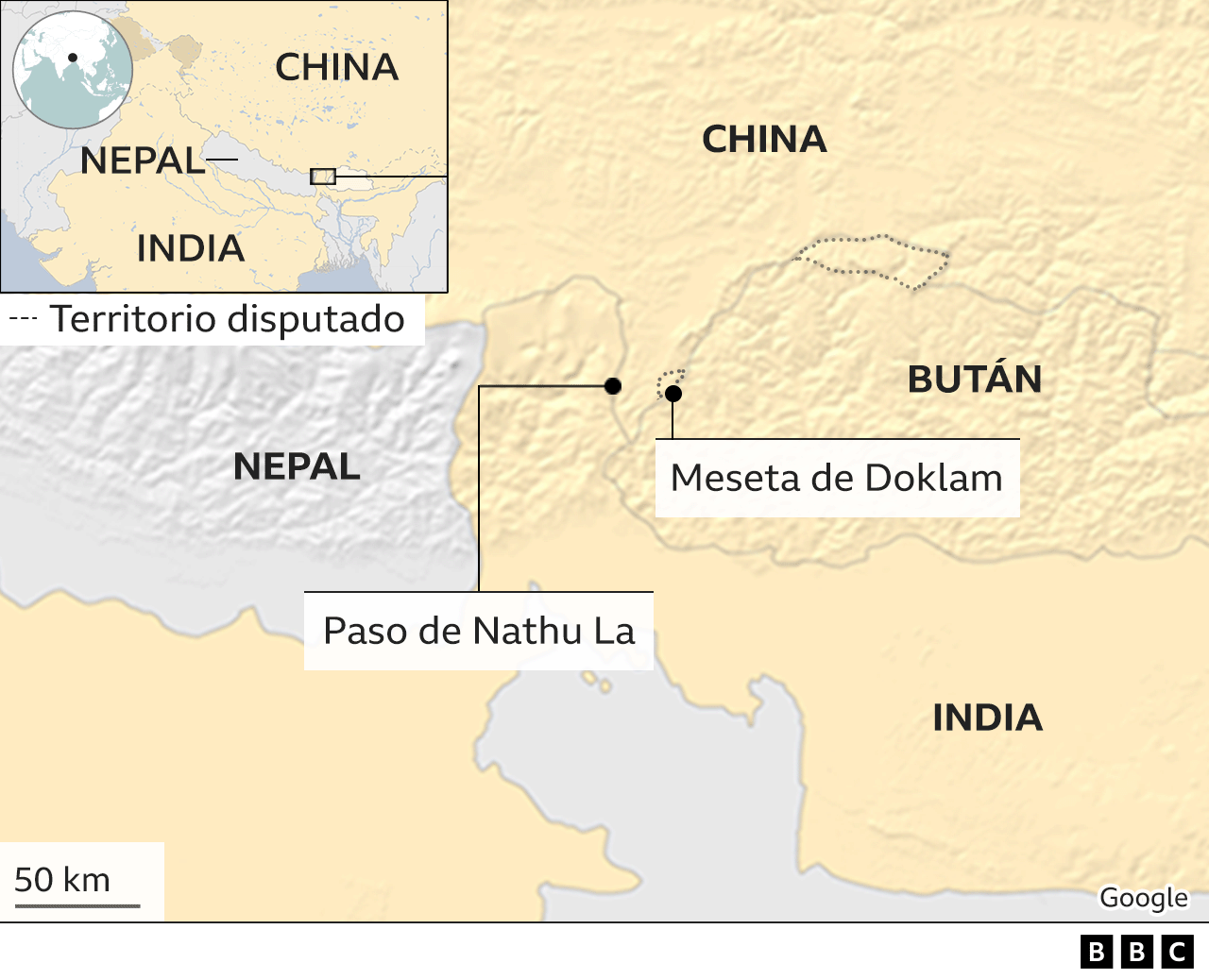
While many Bhutanese were surprised by the reaction to Tshering’s comments in the Indian media, China’s view is that Thimphu will have a hard time reaching a deal without Delhi’s backing.
“India is the obstacle here. If China and Bhutan also resolve the border issue, only India will remain. I don’t think India will allow this to happen,” Liu Zongyi, a senior fellow at the Shanghai Institutes of International Studies, told the BBC. .
China and Bhutan came close to reaching a final agreement around 1996, but failed due to Indian intervention, he recalled.
the power of china
The border problems between Bhutan and China are also related to the tensions between India and China on the border dating back decades.
The two countries share a border that is not fully demarcated and have overlapping territorial claims. India says it is 3,488 kilometers long; China puts it at around 2,000 kilometers.
The de facto border begins in the northern region of Ladakh in India and extends to the state of Arunachal Pradesh (which the Chinese call Southern Tibet) in the east.
China’s growing economic and military power is also being watched closely by many Bhutanese who feel that reaching an agreement with Beijing soon will be better for the country.
“China is a reality. Does Bhutan have a choice not to have diplomatic relations with China? I don’t think it is a desirable arrangement,” said a Bhutanese expert who did not want to be named.
India and Bhutan signed a special treaty in 1949 that takes Delhi’s security concerns into account. A revised treaty in 2007 gave Thimphu more freedom in foreign policy and military purchases.
Hundreds of Indian soldiers have been deployed in bhutan and authorities say they offer training to Bhutanese troops. Its military headquarters is in the town of Haa, about 20 kilometers from Doklam.
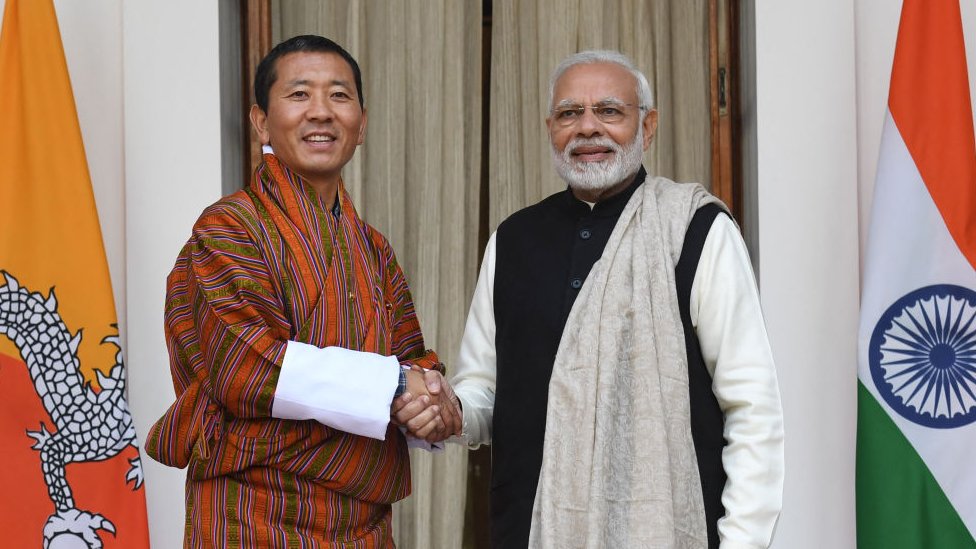
Bhutanese columnist Wangcha Sangey feels that his country could reach a border agreement with China, if not for the insistence of Delhi of Bhutan retaining Doklam.
“How do we make claims on Doklam? What we have now as part of Doklam is still ours. What we don’t have, we can’t take from China,” he said.
Sangey argues that since Bhutan is dependent on imports from India for most of its needs, particularly oil, Thimphu should diversify its supplies by opening another route to its northern neighbor.
indian suspicion
The Bhutanese prime minister’s comments have prompted a cautious response from the Indian Foreign Ministry.
“India and Bhutan remain in close contact, in close coordination regarding our shared national interests, including security interest,” Vinay Mohan Kwatra, permanent secretary at India’s Ministry of External Affairs, told reporters in early April. .
“I would reiterate our previous statements which explicitly and clearly highlight our position on the determination of the triple junction (Doklam) border points,” Kwatra said.
India does not want any major realignment around Doklam due to its great strategic importance. On the other hand, for a country like Bhutan it may be difficult to pressure Beijing to give up its claim.
bhutan you may be in a great position sharing a border with two of the world’s emerging economies at a time when people talk of an Asian century.
But with ongoing tensions between Delhi and Beijing, Thimphu finds itself increasingly vulnerable.
Remember that you can receive notifications from BBC Mundo. Download the new version of our app and activate them so you don’t miss out on our best content.





